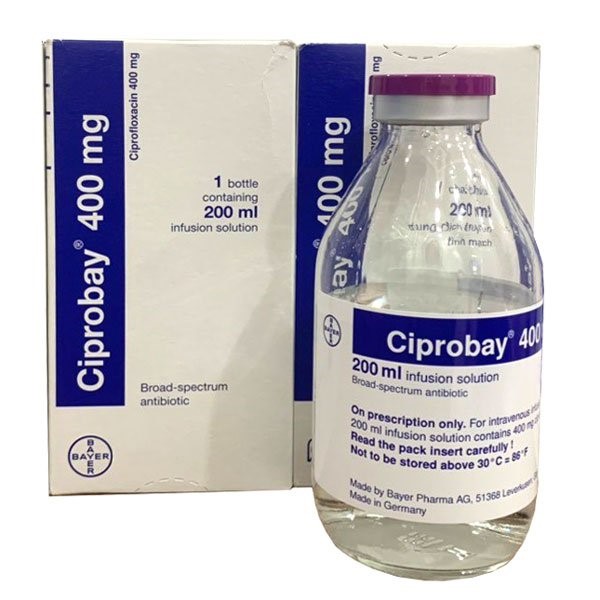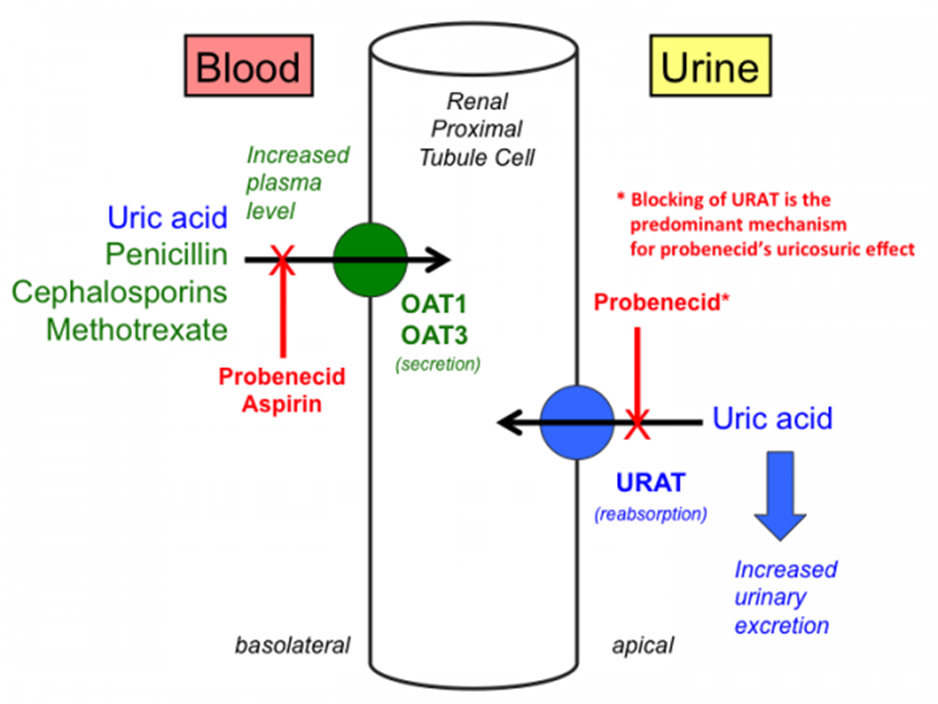The nurse receives a prescription for ciprofloxacin 400 mg intravenously (IV) every 12 hours to be infused over an hour. The IV bag contains ciprofloxacin 400 mg in dextrose 5% in water (D5W) 200 mL. The nurse should program the infusion pump to deliver how many mL/hr? (Enter numerical value only.)
The Correct Answer is ["200"]
The correct answer is 200 mL/hr.
Explanation: To calculate the infusion rate, the nurse should use the formula:
Infusion rate (mL/hr) = Volume (mL) / Time (hr)
In this case, the volume is 200 mL and the time is 1 hour. Therefore,
Infusion rate (mL/hr) = 200 mL / 1 hr
Infusion rate (mL/hr) = 200 mL/hr

Nursing Test Bank
Naxlex Comprehensive Predictor Exams
Related Questions
Correct Answer is B
Explanation
Choice B reason: Vancomycin is an antibiotic that can treat serious bacterial infections that are resistant to other antibiotics. However, vancomycin can also cause nephrotoxicity, or damage to the kidneys, especially when given in high doses or for prolonged periods. Nephrotoxicity can lead to AKI, which is a sudden and severe decrease in kidney function that can cause fluid and electrolyte imbalances, acid-base disorders, uremia, and death. Therefore, the nurse should closely monitor the client who is receiving vancomycin for development of AKI by checking their serum creatinine and blood urea nitrogen (BUN) levels, urine output and specific gravity, and signs and symptoms of fluid overload or dehydration.
Choice A reason: Sucralfate is an anti-ulcer drug that forms a protective coating over the stomach lining and prevents further damage from acid or pepsin. Sucralfate does not cause nephrotoxicity or AKI and has minimal systemic absorption or side effects. Therefore, the nurse does not need to closely monitor the client who is taking sucralfate for development of AKI.
Choice C reason: Lorazepam is a benzodiazepine that can treat anxiety, insomnia, seizures, or alcohol withdrawal. Lorazepam does not cause nephrotoxicity or AKI and has low renal clearance or elimination. Therefore, the nurse does not need to closely monitor the client who is taking lorazepam for development of AKI.
Choice D reason: Digoxin is a cardiac glycoside that can treat heart failure or atrial fibrillation by increasing the force and efficiency of heart contractions and slowing down the heart rate. Digoxin does not cause nephrotoxicity
Correct Answer is D
Explanation
Choice D reason: Probenecid is a uricosuric drug that increases the excretion of uric acid in the urine by inhibiting its reabsorption in the kidneys. Uric acid is a waste product that results from the breakdown of purines, which are found in certain foods and drinks, such as meat, seafood, beer, and wine. Probenecid is used to treat gout, a type of arthritis that occurs when uric acid crystals accumulate in the joints and cause inflammation, pain, swelling, and stiffness. By lowering uric acid levels in the blood, probenecid can prevent gout attacks and reduce joint damage.
Choice A reason: Increasing the strength of the urine stream is not a purpose of probenecid, but rather a possible effect of some medications that relax or dilate the urinary tract muscles, such as alpha-blockers or anticholinergics. These medications can help to improve urinary flow and reduce symptoms of benign prostatic hyperplasia (BPH), or enlarged prostate gland, which can cause difficulty urinating or weak urine stream.
Choice B reason: Preventing the formation of kidney stones is not a purpose of probenecid, but rather a potential benefit of some medications that lower calcium or oxalate levels in the urine, such as thiazide diuretics or potassium citrate. These medications can help to prevent calcium oxalate stones, which are one of the most common types of kidney stones. Kidney stones are hard deposits of minerals and salts that form in the kidneys and can cause severe pain, nausea, vomiting, and blood in the urine.
Choice C reason: Decreasing pain and burning during urination is not a purpose of probenecid, but rather a desired outcome of some medications that treat urinary tract infections (UTIs), such as antibiotics or phenazopyridine. These medications can help to eliminate the bacteria that cause UTIs and relieve the discomfort and inflammation that they cause. UTIs are infections that affect the bladder, urethra, or kidneys and can cause frequent or urgent urination, pain or burning during urination, cloudy or foul-smelling urine, and fever.

Whether you are a student looking to ace your exams or a practicing nurse seeking to enhance your expertise , our nursing education contents will empower you with the confidence and competence to make a difference in the lives of patients and become a respected leader in the healthcare field.
Visit Naxlex, invest in your future and unlock endless possibilities with our unparalleled nursing education contents today
Report Wrong Answer on the Current Question
Do you disagree with the answer? If yes, what is your expected answer? Explain.
Kindly be descriptive with the issue you are facing.
